Deadly winter storms expose 112-year-old shipwreck
Amid flooding, snow and freezing rain across the US, treacherous weather in Maine brought a rare glimpse of a 112-year-old shipwreck at Acadia National Park.
The two-masted sailing schooner named Tay ran aground on Mount Desert Island in July 1911 when it struck a ledge during a storm, resulting in the death of the ship’s cook, according to an article in the Bar Harbor Record at the time.
The Tay quickly broke into pieces and a large portion of the ship’s cargo was washed ashore by the waves as its captain, I W Scott, tried unsuccessfully to make it to the harbour.
“The main sheet parted and then he lost his main boom. Captain Scott attempted to stand off-shore under head sails, but he was too far in and was swept inside the breakers,” the article recounts. “The Tay struck hard and was dismasted fore and aft at the first shock, and began to go to pieces rapidly.”
But last week, following storms across the country, part of the shipwreck was brought to the surface, washing up on Mount Desert Island’s Sand Beach after being buried for decades.
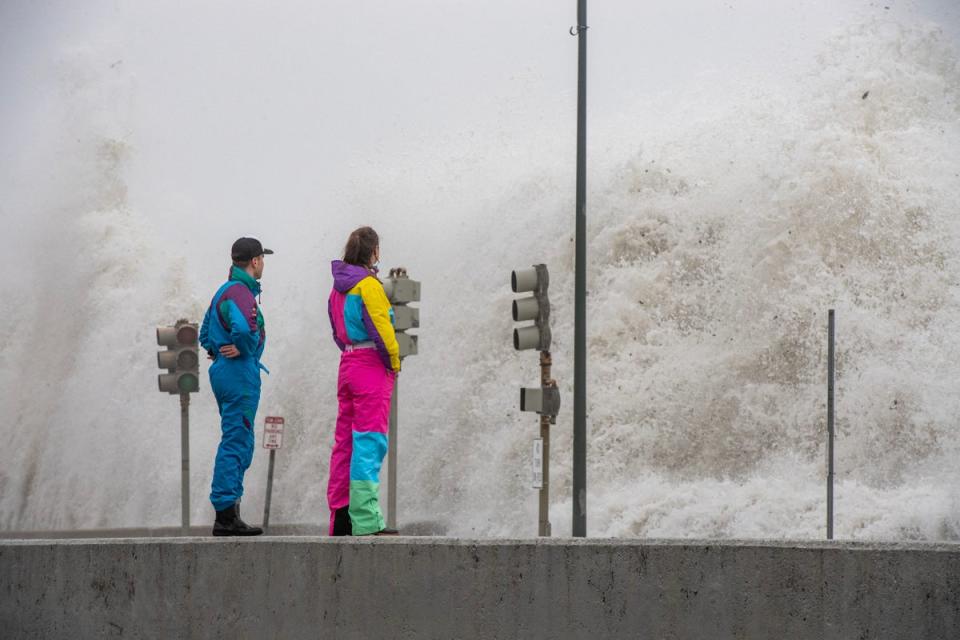
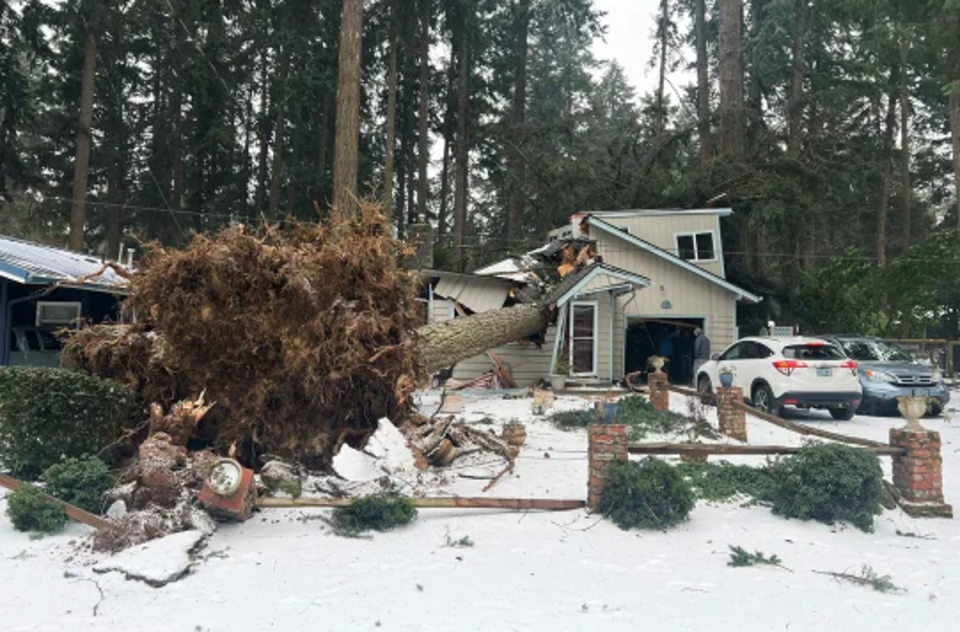
Some Acadia National Park visitors were able to see a large section of the shipwreck. Bar Harbor local Molly Moon, whose family’s ties to the area date back generations, told CNN it was a “rare experience.”
“I was reminded how blessed I am to live in this beautiful area and relate to the rich history here,” she said.
“My grandmother saw sections of it uncovered in the Fifties, my mother saw the hull unearthed in the Seventies, and I was fortunate enough to see it return above the sand presently in 2024.”
Following more bad weather over the weekend, some of the shipwreck was washed back into the sea.
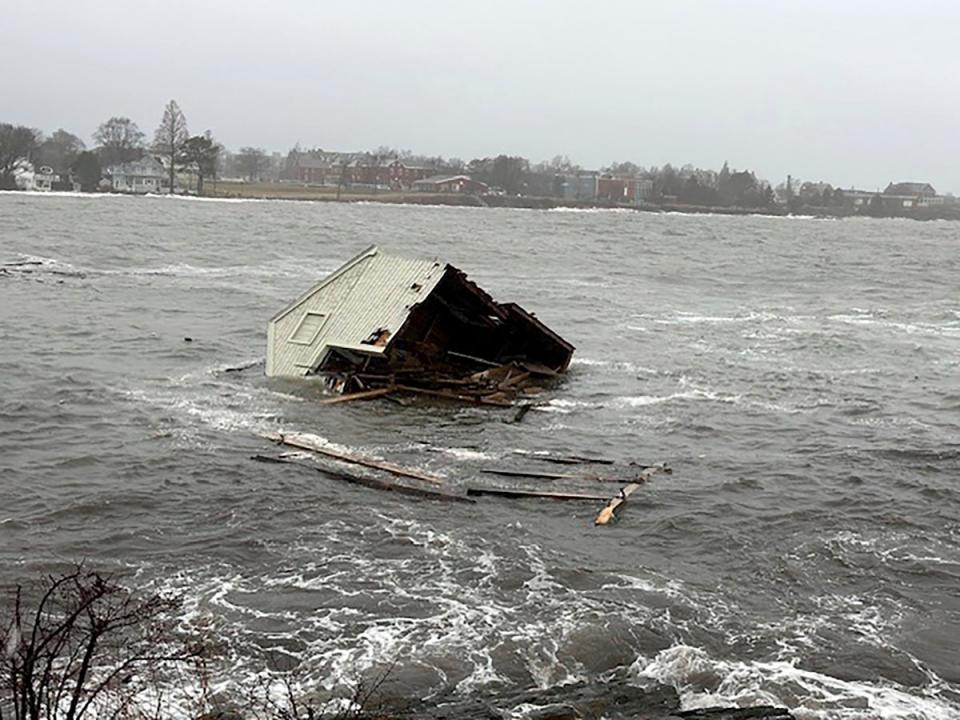
The century-old wreck isn’t the only historic site in the state impacted by recent storms. In Portland, a 19th-century fishing hut was wiped out by a 15ft wave after a record 14.57ft-high tide brought flooding to Maine.
It comes as 125 million people in several states are under winter storm advisories as flooding, snow and freezing rain batter much of the country.
Temperatures were below freezing in more than 80 per cent of the country on Monday night amid the Arctic blast, which is believed to have killed at least nine nationwide.
Two people were killed this weekend in Oregon after trees fell on their home, with Portland County officials investigating another two possible hypothermia deaths, according to The Portland Tribune.
Officials in Mississippi said that one person had died while driving on Highway 49 just south of Silver City at around 8pm local time on Sunday, while Tennessee reported one more weather-related death without giving any details.
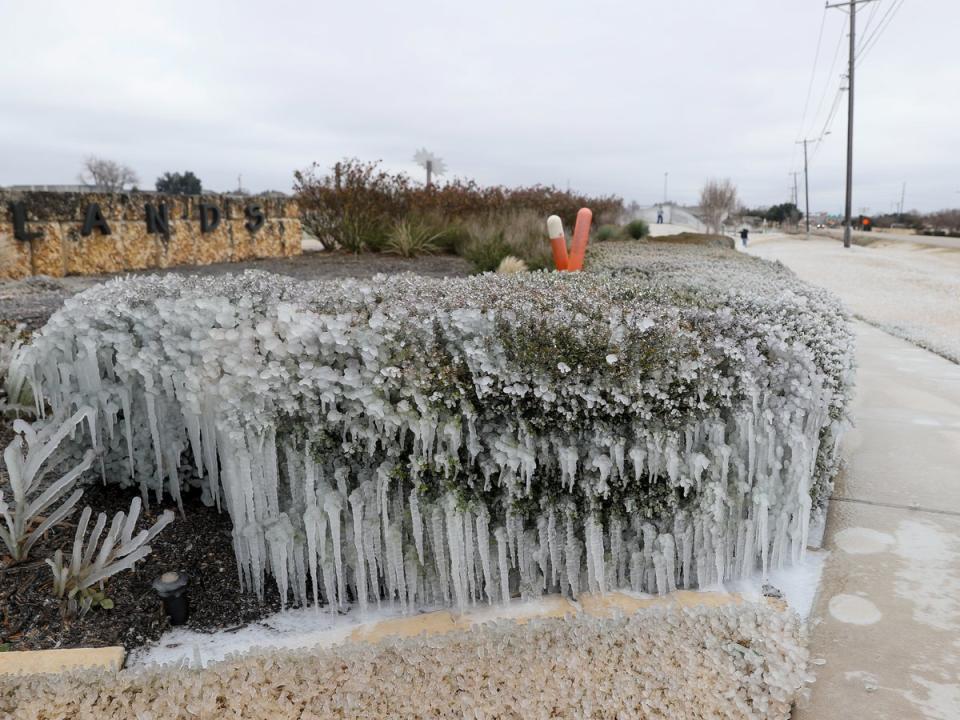
In Milwaukee, Wisconsin, three homeless men were found dead with suspected hypothermia in the freezing cold streets over the past few days.
The National Weather Service has warned that members of the public should avoid being outside as much as possible amid the cold temperatures that are expected to reach dangerous levels in the Rockies, Great Plains, and Midwest areas on Tuesday, where cold wind chills could cause frostbite on exposed skin and hypothermia.
Meanwhile, in Buffalo, New York, a travel ban was implemented over the weekend and schools were closed as nearly two feet of snow fell.
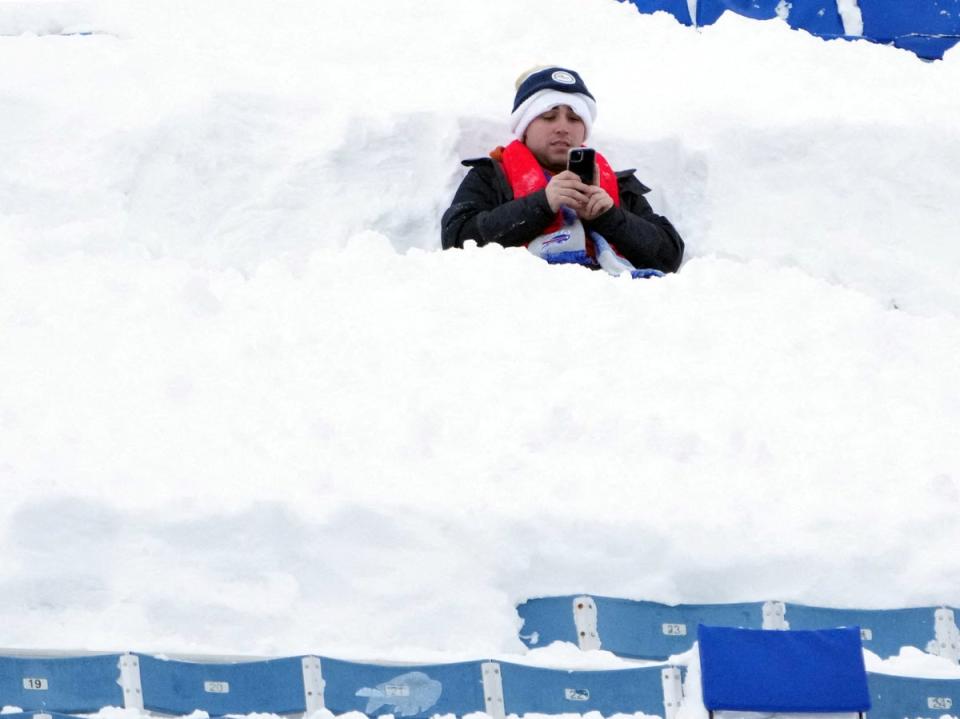
Schools remain closed in Buffalo as of Tuesday, as well as in Chicago and across the south of the US.
A brief reprieve from the brutal cold front sweeping much of the US right now is expected midweek, but another surge of Arctic air is expected in the Deep South and the Great Plains region later this week.
The National Weather Service has warned states in the Deep South and the Great Plains region could be hit by a surge of cold air on Thursday and Friday. On Wednesday, temperatures will still be below average across the US, but they will not be brutally cold.


